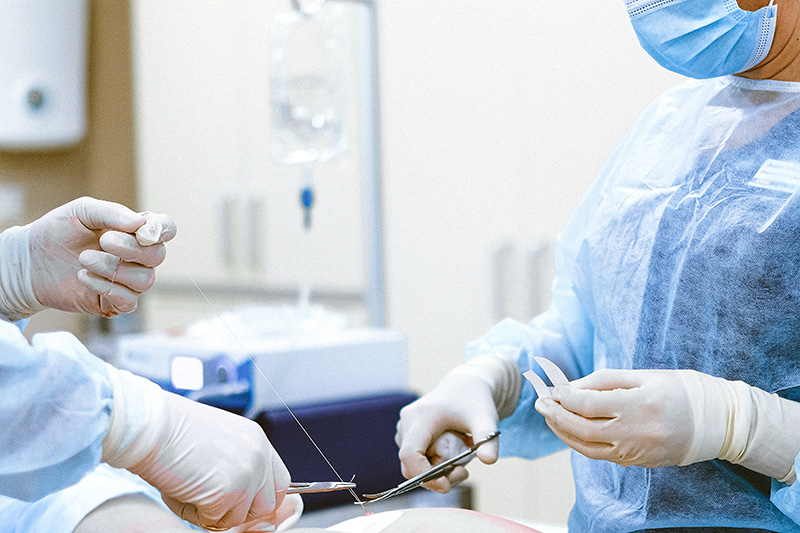
On March 29, 2021, The Toronto Anorectal Program (TARP) launched at Women’s College Hospital to help treat benign anorectal conditions such as hemorrhoids, anal fistula, and anal fissures. The clinic was supported with funding from Ontario Health, and is designed to support COVID-19 surgical volumes recovery in a way that promotes faster access to surgery for patients, as well as transparent and equitable case/OR time assignment for providers. Generally, when a patient has a certain issue that needs to be resolved surgically, the patient’s practitioner will either refer their patient to a surgeon that is within their internal or external network. The problem with this current model is that often the busiest surgeons receive the majority of referrals, which adds to their already lengthy waitlist. There are instances where other surgeons who perform the same procedure do not have a waitlist. Unfortunately, these doctors can’t operate unless patients are referred to them.
In the new referral model that has been implemented by TARP, called a “single-entry model”, patients are referred to a central clinic via a single fax number. Once the referral is triaged, patients are scheduled for a consult with the next available provider. Patients that require and are suitable for benign anorectal surgery are subsequently scheduled with the next available surgeon who will perform their procedure at Women’s College Hospital.
By disrupting existing referral networks and patterns, the centralized referral model ensures timely and equitable patient care and provides equal opportunity for providers as well. Dr. David Urbach spoke with CTV about the benefits of a central intake referral system and the current issue of referral bias that is affecting Canadian healthcare.
“There’s an issue about inequity or misallocation of patient demand and supply, which causes variation in wait times. So that right now some people are waiting three weeks to have elective surgery and some people are waiting two and a half years for the exact same operation in a hospital a few blocks away from each other,” Dr. Urbach explained to CTV. “Patients who are of a lower socioeconomic class, patients who are people of colour, recent immigrants, non-native language speakers, also end up with higher wait times and less access.” The new referral system will help to address this.
The referral workflows have been developed in Epic and feature a new referral management integration from Hyland Onbase. The program will serve as a model for single-entry surgical programs for low complexity conditions and would provide compelling evidence for the efficiency and equity of these models of care for the health system.
We would like to recognize the many teams and individuals at WCH that contributed so much time and energy into this project, including Women’s Virtual, IM/IT Applications and Technical teams, Debi Senger and Andrew Gordon from HIM, the Surgical intake team, and our senior leaders Drew Wesley, Dr. David Urbach, Vicky Noguera, and the Medical Director of the Anorectal Program Dr. Marisa Louridas.
For more information and referral instructions and form, please see the clinic page.